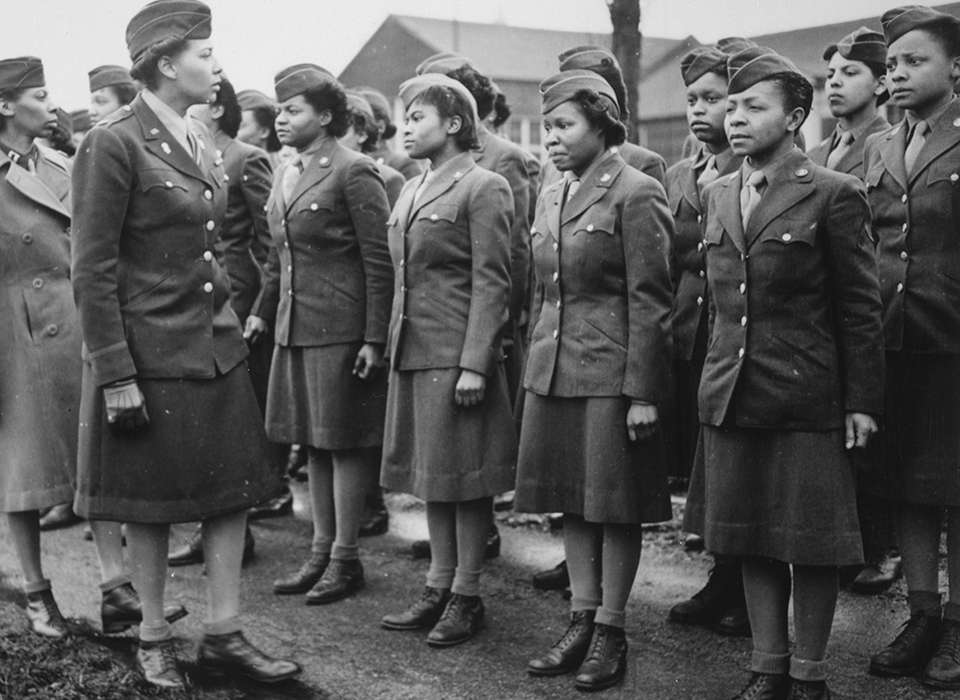![]()
The birth of a baby is a life-changing event that can trigger all kinds of emotions from happiness and joy to jitters and fear. It can also lead to something you might not expect — postpartum depression.
Postpartum depression — a depression that occurs after having a baby — is the most common complication of giving birth. It affects one in seven new mothers. Left untreated, postpartum depression can have long-lasting negative results, harming the health of new mothers, their babies, and their families.
It could be the “baby blues” or it could be postpartum depression.
After giving birth, many women have the “baby blues,” which are feelings of worry, sadness, and tiredness that usually last a few days. Symptoms of postpartum depression are like those of “baby blues,” however, postpartum depression symptoms are more intense and can last for many months.
Are you at risk for postpartum depression?
Women Veterans commonly suffer from depression, anxiety, and posttraumatic stress disorder after military service. Veterans who become pregnant have an increased likelihood of having a mental health issue, which puts them at a higher risk for postpartum depression. With more women serving in the military than ever before, it is important to support women Veterans by providing information and treatment options.
Postpartum depression is not your fault.
Postpartum depression is never anyone’s fault. Pregnancy, childbirth, and caring for a child can be a challenge for all parents, physically and mentally. Postpartum depression affects more than half a million American women each
Visits: 21


